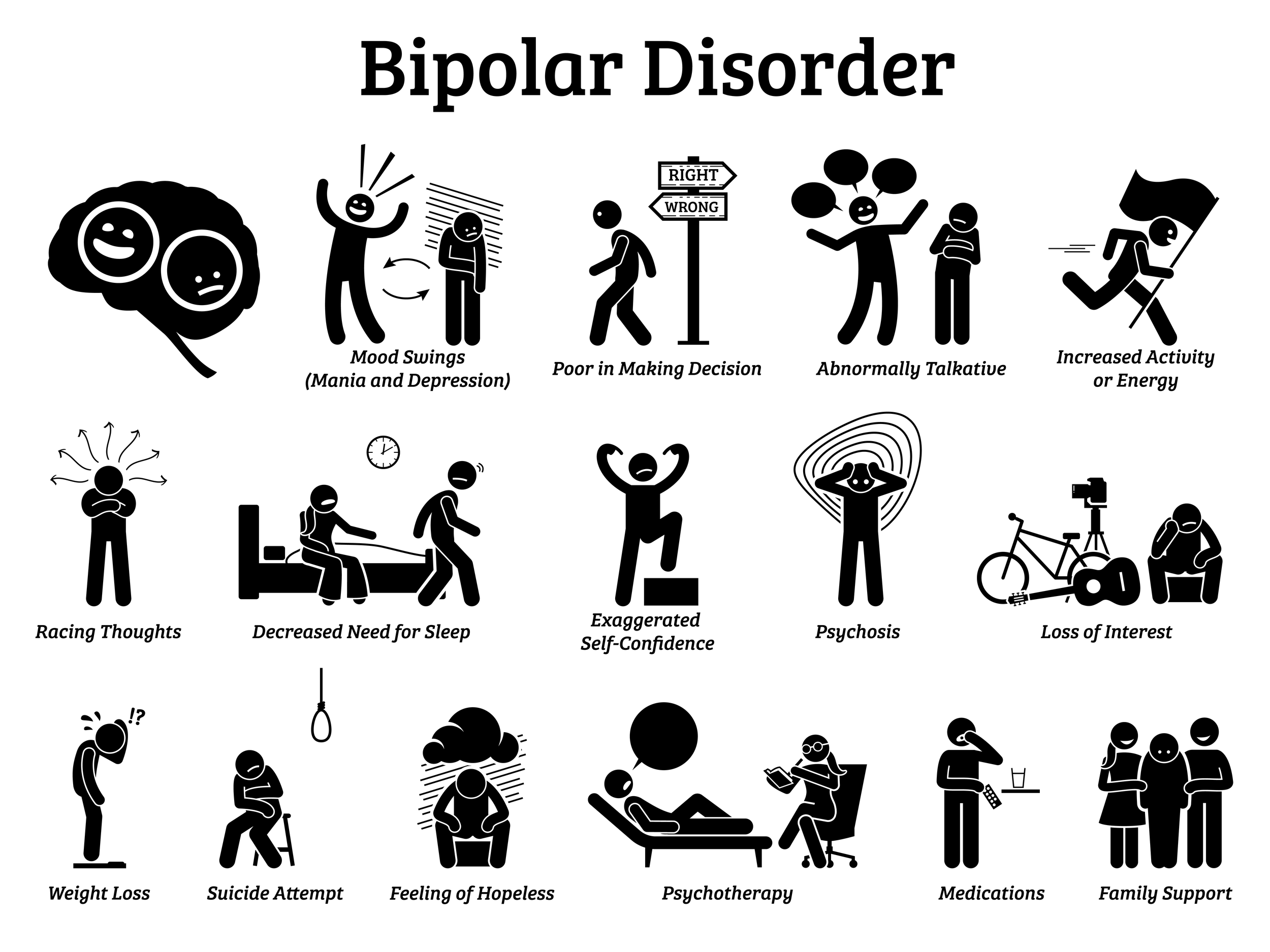Living with Bipolar Disorder: A First-Hand Account
Understanding the Different Types
While bipolar I often gets more attention due to the severity of manic episodes, bipolar II disorder should not be dismissed or underestimated. As someone who has lived with bipolar II for many years, I can attest to the devastating impact it has had on my life through severe depressive states and hypomanic episodes that clouded my judgment. Proper diagnosis and treatment are so important, as misdiagnosis of bipolar II is far too common and has led to unnecessary suffering or worse for many.

Subtle but Destructive Hypomania
My hypomanic episodes presented more subtly than the textbook descriptions of mania. I tended to function on little sleep, became easily agitated, obsessive about certain topics, and spent moneyrecklessly. This hypomania proved all the more corrosive due to its subtlety, enabling risky behaviors and an emotional affair that ended an important relationship. Living through these periods gave me a new understanding of why proper diagnosis is so critical for bipolar II patients.
Severe Depression Leading to Hospitalization
While my mania wasn’t as overt, my depressive episodes were extremely severe and led me to undergo electroconvulsive therapy at age 19 to lift a nearly paralyzing depression. On multiple occasions when getting inadequate sleep, I entered states so low they required hospitalization. This debilitating combination of subtle mania and profound depression is what makes bipolar II such a dangerous and potentially life-threatening disorder without appropriate treatment.
Misdiagnosis and the Risk of Suicide
All too often, bipolar II is erroneously diagnosed as other conditions such as borderline personality disorder or unipolar depression due to the more subtle nature of hypomania. As a result, many patients do not receive an accurate diagnosis or proper medication, putting them at high risk of suicide. A past psychiatrist’s explanation that “bipolar I makes the front pages but bipolar II fills the obituaries” struck me as a poignant way of portraying this real danger. Proper screening and consideration of hypomanic symptoms is crucial to avoid tragic outcomes from misdiagnosis.
Revelation through Medication Response
Thankfully, my current situation has improved dramatically thanks to finding the right treatment. When an antidepressant sent me into a “crack-like” euphoric state, my psychiatrist recognized this as a tell-tale sign of an underlying mood disorder. From there, she was able to make an accurate bipolar II diagnosis and prescribed the mood stabilizer Lamictal, which has been life-changing. Any remaining symptoms have become manageable, offering hope that others may find similar relief. But this would not have been possible without that key medication history.
Seeking Help and Dispelling Myths
For those struggling with possible bipolar symptoms, do not feel you must understand the condition entirely on your own before getting medical help. I know all too well how this disorder can distort thinking and lead to disastrous decisions. Seeking a proper evaluation from a mental health provider who will listen to your full history is so important. And while having bipolar II does not mean it impacts your life less severely, recognizing the nuanced differences from bipolar I can help improve understanding and treatment outcomes going forward. With the right support, one can gain control and avoid needless suffering.
Finding Stability and Managing Daily Life
Staying consistent with my medication regime and practices like maintaining a regular sleep schedule have enabled me to gain stability and effectively manage bipolar II on a daily basis. While some subtle ups and downs may always remain, they no longer spiral out of control as before. I have learned healthy coping strategies as well as signs that I may need adjustments from my psychiatrist. With diligence and treatment, it is very possible for someone living with bipolar II disorder to participate fully in life, relationships, career and weather whatever storms may come. Future generations stand to benefit greatly from continued research and removal of stigma around these often misunderstood conditions.
